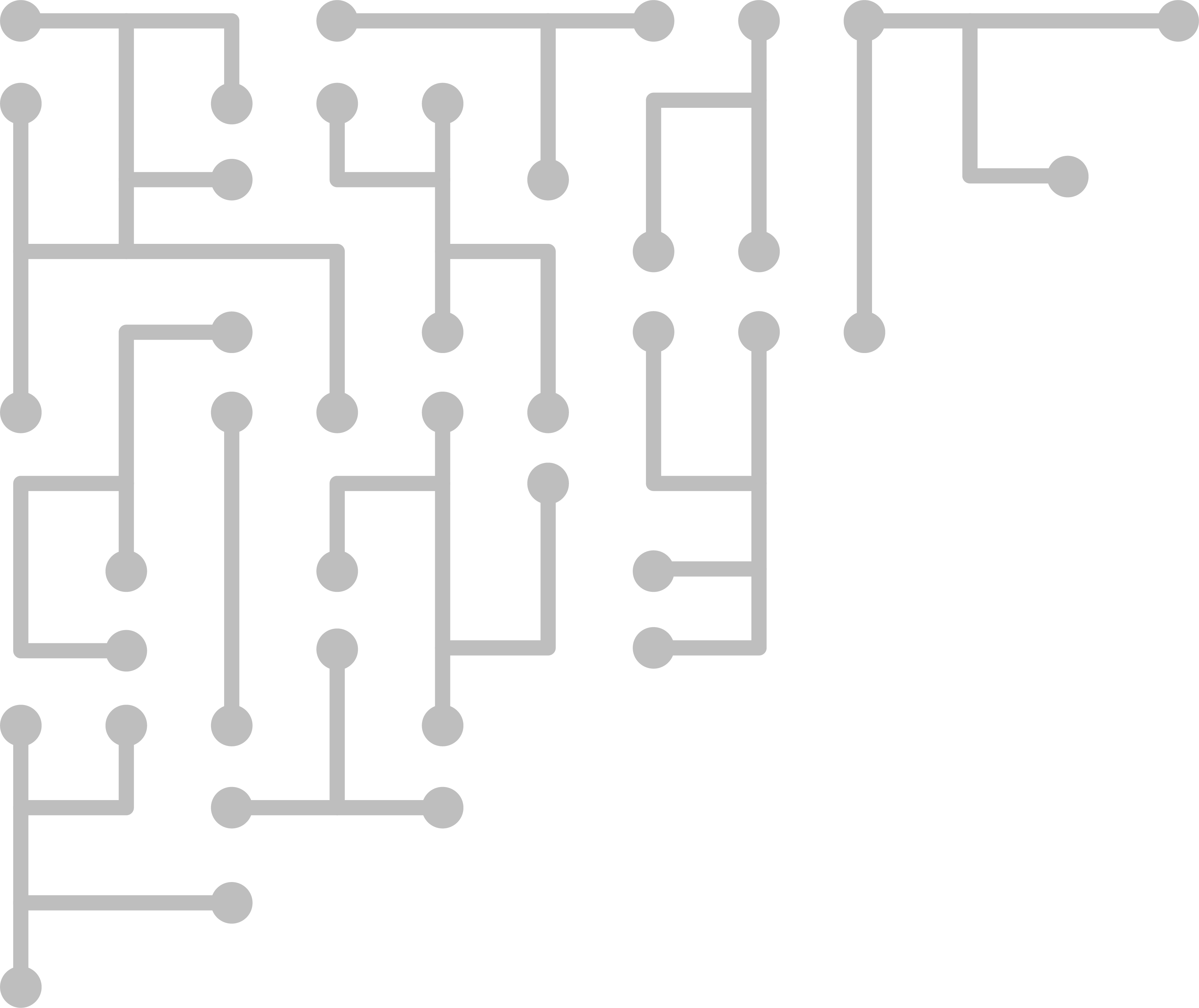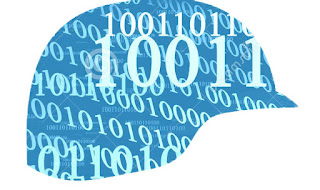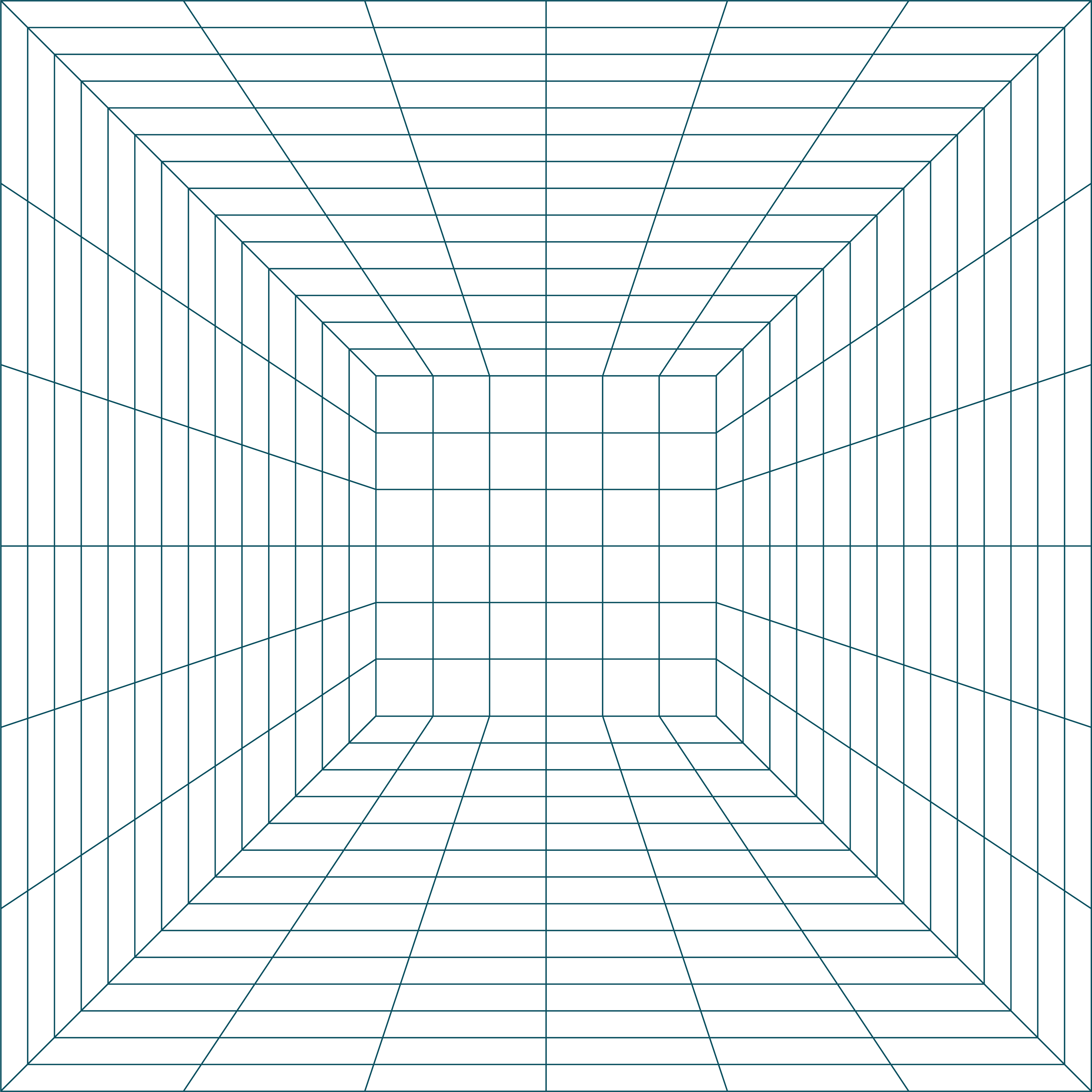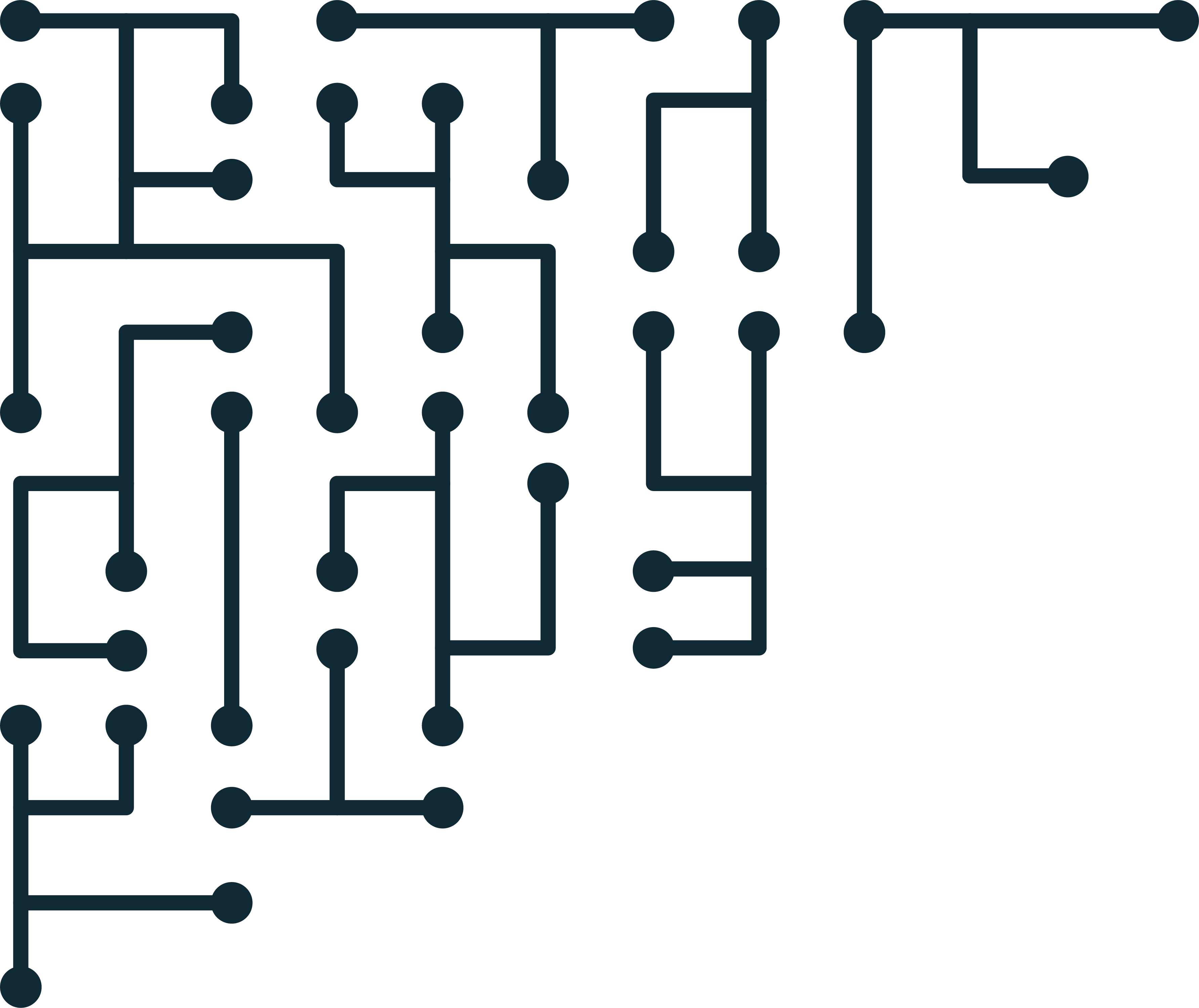After a year of collaborative effort we submitted a paper about Cyber Peacekeeping (CPK) to ICDF2C 2015 (http://d-forensics.org/) and have just learned about its acceptance.
In this work, we propose an initial definition and framework for Cyber Peacekeeping. The goal of the proposed framework is to provide a solid foundation for practical implementation of CPK, and points for future discussion of the subject. As one of reviewers noticed: “CPK could be performed under the auspices of some international organization, perhaps modeled on ITU IMPACT”. Although we have proposed some areas from practical implementation, we hope our work will contribute to the development of a real-world solution for a global challenge of safety and security in cyberspace.
Another reviewer keenly summarized that the proposed CPK framework with six goals, four roles and sixteen functions maps to three possible scenarios: No Conflict, During Conflict and After Conflict. Rightly so, we attempt to address not only ongoing conflicts but prevention of pre-conflict escalation as well as solutions for regaining normalcy after conflicts. We note that conflict aftermath is not usually considered, especially for cyber conflicts.
Practically, we propose a potential organizational structure of Cyber Peacekeeping to support its defined roles and functions with respect to short and long term goals. Some functions fulfill urgent actions whereas others can be fulfilled when participating parties reach an agreement (long term).
Through a case study of a notable conflict between China and Taiwan, examples of practical Cyber Peacekeeping are shown, as well as the roles that peacekeeping could have played in such conflicts.
Importantly, the reviewers suggested interesting feedback and directions for improvement, which we will certainly incorporate in our future research. Meanwhile, we are looking forward to discussing this topic with the community of researchers and practitioners online or at such events like ISCR 2015 (https://iscr.cyber.go.kr) and ICDF2C 2015 (http://d-forensics.org/). And stay tuned, we will announce about publication of our full paper in the fall.



